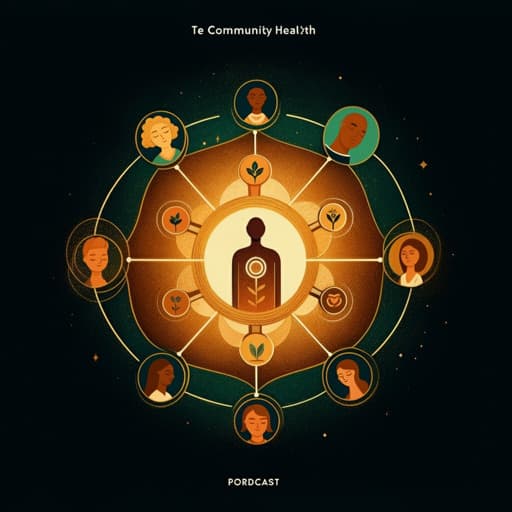
Medicine and Health
Resilience outcomes and associated factors among workers in community-based HIV care centres during the Covid-19 pandemic: A multi-country analysis from the EPIC program
M. D. Ciaccio, N. Lorente, et al.
Discover the remarkable resilience of community health workers in HIV care centers during the COVID-19 pandemic, as highlighted in this multi-country study by Marion Di Ciaccio and colleagues. With 76% exhibiting normal or high resilience, this research sheds light on the challenges faced and the essential support needed for these vital health professionals.
Related Publications
Explore these studies to deepen your understanding of the subject.







